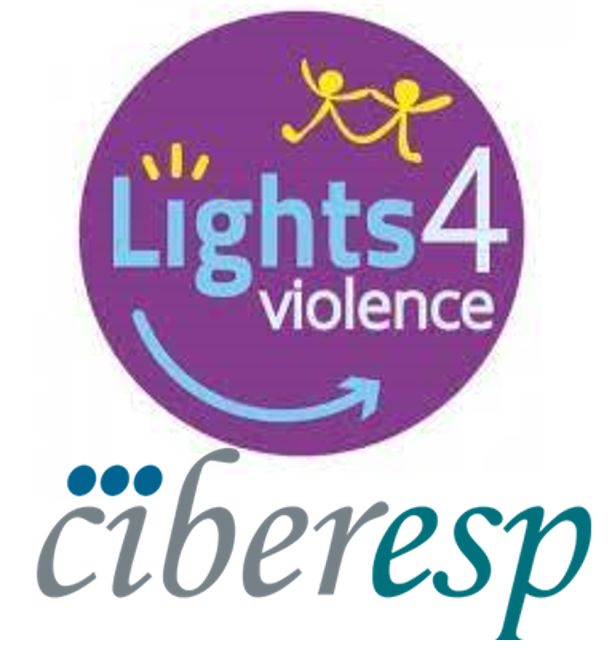
Carmen Vives-Cases
Principal Investigator of Lights4Violence Project
We are now in the final step of our project and, for this reason, this last contribution of our Blog will frame the main findings arising from the project activities as well as the main responses to our initial needs. In fact, since the beginning this project has aimed to promote adolescents’ capabilities to improve intimate relationships with their peers. We have pursued this goal through different activities ranging from training and interactive workshops to filming and reciting activities, which were expected to enable teenagers to recognize the IPV-related protective factors they already have (i.e., individual skills, family and school assets, and other community settings they belong to) to build and maintain healthy love relationships. Namely, we have fostered teens to strengthen self- esteem and trust, challenge sexism or tolerant attitudes towards gender-based (and) dating violence, manage problems and conflicts through interpersonal communication skills and mediation, claim their rights and protect themselves from risky or abusive relationships.
In order to response all these objectives, in just two years we have ambitiously performed training seminars with about 100 teachers and more than 50 workshops with 1550 students aged from 12 to 17 years in six different European cities (Alicante, Mathosinos, Cardiff, Poznam, Iasi, Roma). In doing so, our project has contributed to raise awareness about the importance of healthy interpersonal relationships among students and the whole educational community around them.
At the end of this path, we can pin some interesting results.
- Sexism decreased among those students who participated in the workshops, more than among those ones who were in the control group and were not exposed to the intervention activities. This decrease was stronger among girls (mean differences= -4.6, p-value <0.001) than among boys (mean differences= -3.0, p-value <0.001).
- Even aggressiveness mainly decreased among girls, namely among those ones from the intervention group; the boys from the intervention group showed a slightly increase compared to control group (p=0.044).
- The final 30 short-films produced by the students (including a total amount of 180 video-capsules) did allow them to acknowledge their friends, families, school staff as relevant protective assets against any form of violence.
- Filming and reciting activities did empower participants in managing dating violence situations through personal skillssuch as problem-solving, empathy, assertiveness and communication.
Of course, all these results should be interpreted by looking at the specific contexts we reached with our project, which are very different from each other, thus revealing the importance of combining diverse settings and integrating tailor-made interventions. The duration of the project is also relevant, because the long-term effects of the interventions can reveal significant aspects that otherwise remain opaque. And finally, we must consider the effect of other similar interventions taking place in the schools, which may have influenced or shaped students’ receptiveness, thus showing – for that matter – the importance of interconnecting similar projects.

Add new comment